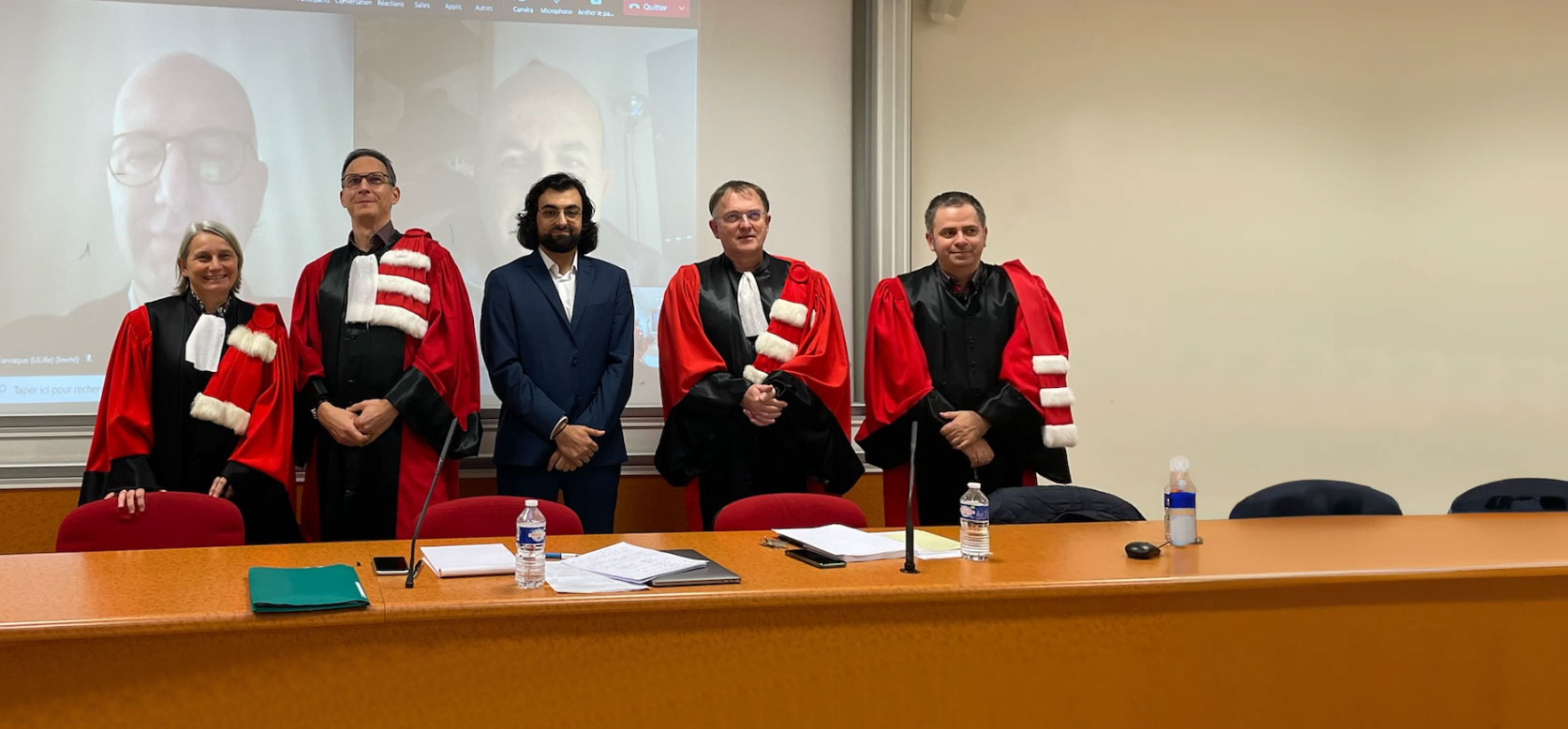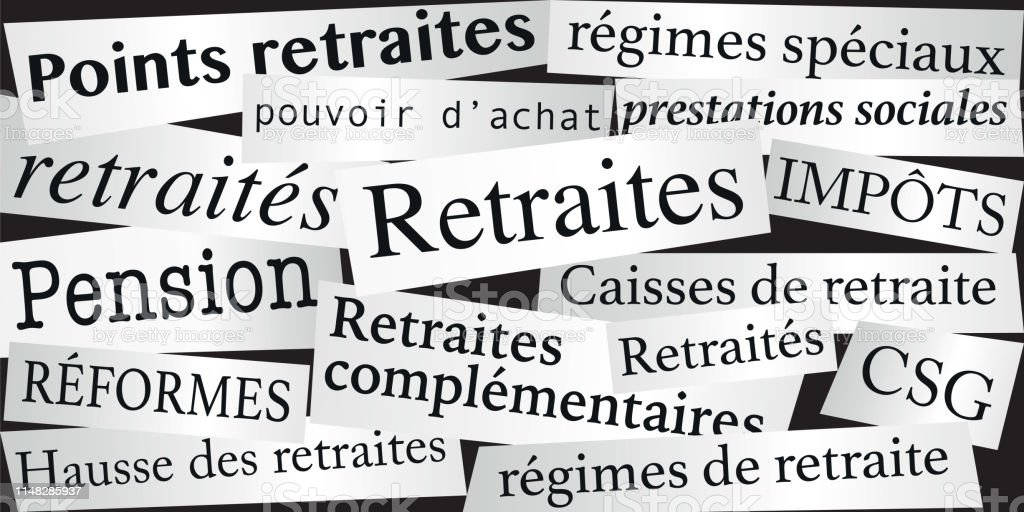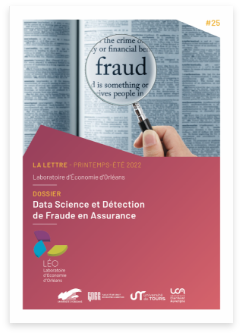Harmonizing public debt and creating convergence clubs in sub-Saharan Africa
Jean-Claude Kouakou Brou, Jamal Bouoiyour, Olivier Hueber
Economic Systems - 2025-05
This article explores how public debt convergence clubs can enhance debt management and improve economic stability in African countries. Instead of focusing solely on geographical criteria, these clubs prioritize public debt rules and debt limitation, offering a promising strategy to tackle the challenges associated with debt sustainability in the region. The article explores the potential benefits, obstacles, and policy implications of such convergence clubs, stressing the importance of forming robust and stable groupings. Through a thorough examination of the relevant literature and empirical evidence, this study provides valuable insights into designing and implementing effective public debt convergence mechanisms for African nations. While no evidence of global convergence around debt was found, the existence of convergence clubs suggests a promising route for countries that share similar debt profiles rather than geographical, political, or ideological similarities. The research also highlights that stability and growth pacts have not resulted in global convergence but rather in the formation of convergence clubs.
HAL link





